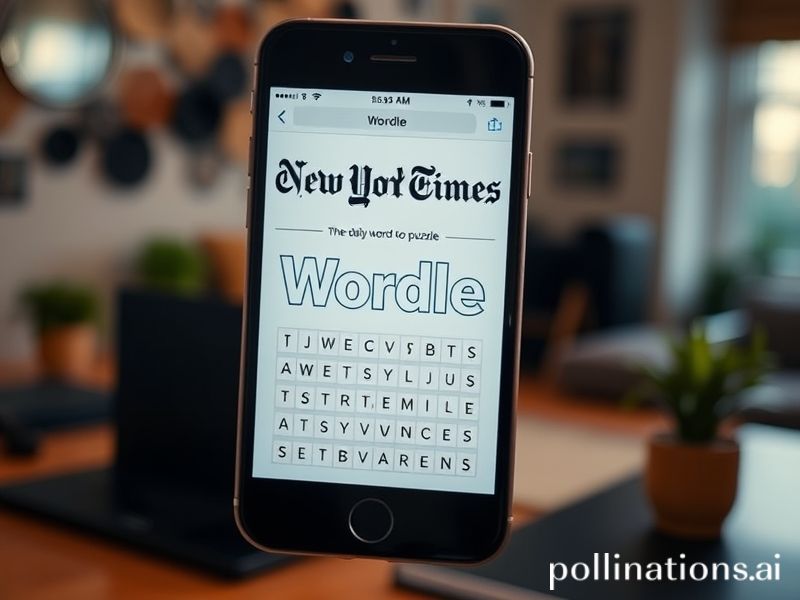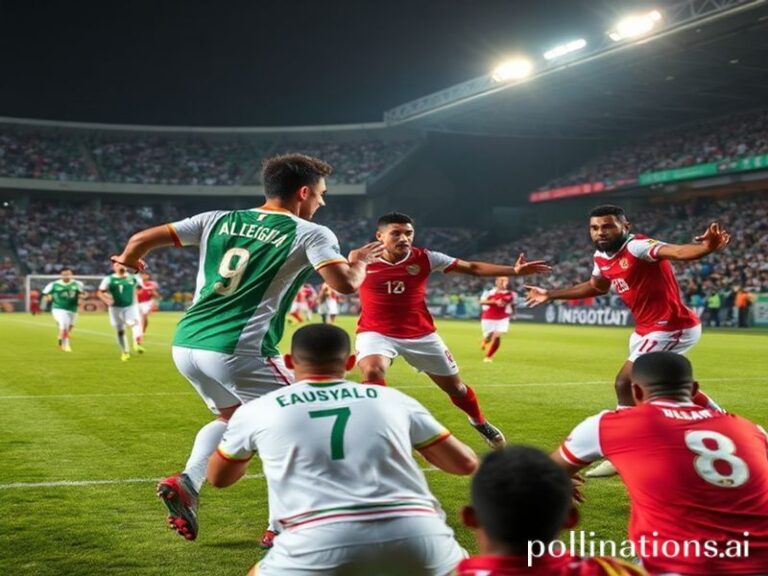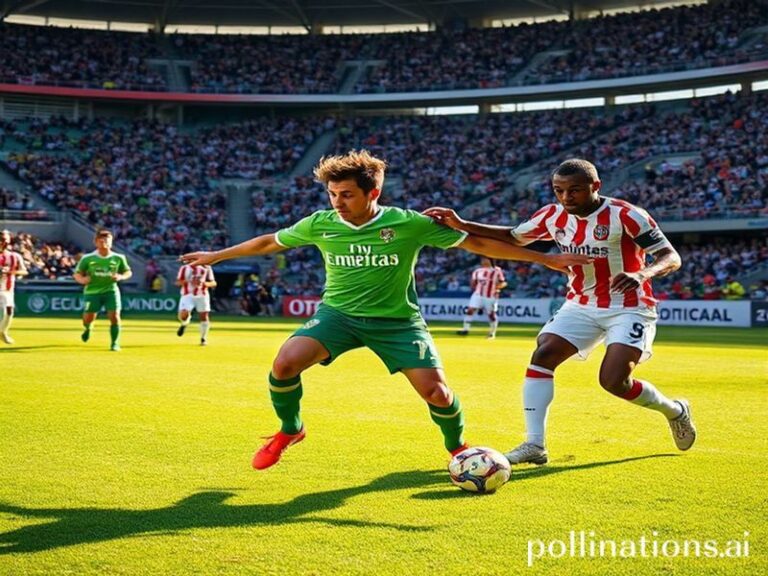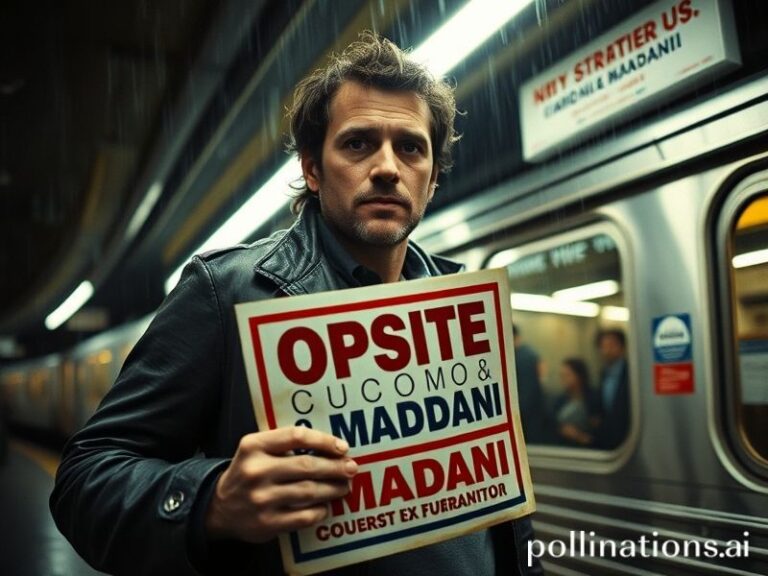Wordle NYT: The Global Phenomenon That’s Got Everyone Guessing
# **Wordle NYT: The Global Phenomenon That’s Got Everyone Guessing**
In the vast, chaotic landscape of the internet, few things unite us quite like a shared obsession. Enter **Wordle NYT**, the brainchild of software engineer Josh Wardle (yes, that’s where the name comes from—how delightfully meta). This simple, addictive word game has taken the world by storm, becoming the digital equivalent of a campfire sing-along. But why? What makes this particular game so universally appealing? Let’s dive in.
## **The Cultural Context: A Game for the Ages**
Wordle NYT is, at its core, a deceptively simple puzzle. Players get six attempts to guess a five-letter word, with each guess providing feedback on which letters are correct and where they belong. It’s like a high-stakes version of “Hangman,” but with a modern twist.
The game’s simplicity is part of its genius. In an era where attention spans are shorter than a TikTok video, Wordle NYT offers a quick, satisfying challenge that doesn’t require hours of commitment. It’s the perfect palate cleanser between scrolling through memes and doomscrolling the news.
But what truly sets Wordle NYT apart is its cultural resonance. It taps into our collective love of wordplay, competition, and—let’s be honest—bragging rights. The game’s shareable results, which reveal your guesses in a colorful grid, have turned it into a social media phenomenon. People post their scores on Twitter, Instagram, and even LinkedIn (because apparently, even professionals need to flex their vocabulary).
## **The Social Impact: A Global Watercooler Moment**
Wordle NYT has become the ultimate icebreaker. It’s the digital equivalent of asking, “Did you see the game last night?” but for people who prefer Scrabble to sports. The game’s daily format creates a shared experience—everyone is playing the same puzzle, at roughly the same time, and discussing their results.
This has led to some delightfully nerdy debates. Is “ZYZZYVV” a valid word? (Spoiler: It is, but good luck guessing it.) Should “QI” count as a valid answer? (The jury is still out.) These discussions have turned Wordle NYT into a cultural touchstone, a topic of conversation that transcends borders and languages.
The game has also sparked a wave of creativity. Memes, fan art, and even spin-off games have emerged, proving that Wordle NYT is more than just a puzzle—it’s a cultural moment. People have created “Wordle” versions for math, geography, and even emojis. It’s a testament to the game’s versatility and the internet’s boundless creativity.
## **Why It Matters: The Psychology of a Viral Hit**
So, why has Wordle NYT become such a global sensation? The answer lies in its psychological appeal. The game taps into our love of puzzles, our desire for quick wins, and our need for social validation. It’s a perfect storm of dopamine hits—each correct guess releases a little burst of satisfaction, and sharing your results gives you a sense of accomplishment.
Moreover, Wordle NYT is inclusive. It doesn’t require any prior knowledge or skill—just a basic understanding of the English language. This accessibility has made it appealing to a wide audience, from casual gamers to hardcore word nerds.
## **Conclusion: The Legacy of Wordle NYT**
Wordle NYT is more than just a game—it’s a cultural phenomenon. It’s a testament to the power of simplicity, the joy of shared experiences, and the internet’s ability to turn a humble puzzle into a global obsession. Whether you’re a seasoned player or a newcomer, there’s no denying that Wordle NYT has left its mark on the digital landscape.
So, the next time you’re scrolling through your feed and see someone’s Wordle NYT results, take a moment to appreciate the magic of this little game. It’s a reminder that sometimes, the simplest things can bring us together in the most delightful ways.







